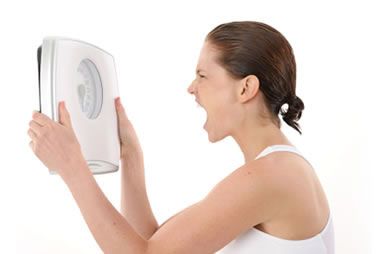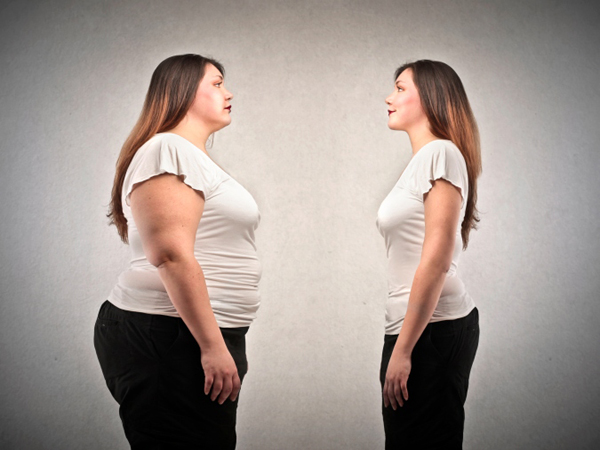How Slowing Down Your Eating Speed Can Help You Lose Weight
Eating speed figures prominently in determining whether you will become a fatter person or a leaner person. For a few decades already, professionals such as nutritionists, doctors and dietitians have established a verifiable link between a person's weight and the speed at which they eat. The facts show that people who eat their meals in a slower fashion tend to eat less and also tend to weigh less. A reason for this reality is that it requires less food to fill you up if you eat slowly. The next time you are considering launching yourself into a strenuous workout or a demanding diet, think more fundamentally instead. Start first with your eating habits, and make an effort to really slow down your eating speed during meals.
Brain Over Matter
Since a part of eating slower relates to the feeling of satiety that you get from the speed of your food consumption, your brain is involved in making you feel this certain way. All it takes for you to feel full is for your body to signal your brain that you are indeed full. When you begin eating, it takes some time for your body to tell your brain that you are full. Experts assert that it can take as long as 20 minute before your stomach tells the part of the brain (the hypothalamus) to initiate the satiety response. Therefore, if, in those 20 minutes, you eat speedily, you are ingesting more food that contributes to weight gain. Alternately, if in those same 20 minutes you eat slowly, you are consuming less food that will contribute to no weight gain. Your brain will eventually send the signal communicating the satiety response; it's just a matter of what you do with the 20 minutes or so until that point is reached. 20 minutes may seem unnaturally long, but if you consider that the signal travels not from your stomach, but from your intestines to your brain, it makes sense as it takes a while for food to go from the stomach to your intestines.
Studies Prove It
Numerous studies over the years have confirmed that slowing down your eating speed helps you lose weight. In example, an experiment revealed at 2004's North American Association for the Study of Obesity showed how subjects whose eating was regulated by beeps that would delay their normal pace of eating inevitably ate less food than when they could just eat as they normally would. A 2006 study of women confirmed the same results, with the women reporting that they felt fuller when they ate a meal slower than at faster speeds.
Tips for Eating Slower
If you just cannot muster the willpower to force yourself to eat slower, there are a few tactics you can use to slow down your eating. One strategy is the simple tactic of just drinking more water as you eat. With each sip you take, that automatically prevents another mouthful of food from going down your throat, thus slowing down your pace of eating. Another equally simple tactic is to count how many times you chew your food before swallowing. You are recommended to chew it 20 times before you swallow, and this extra time you invest in chewing will make you eat your meal slower.
-
Steady Workout Routine is the Key to Fast Weight Loss
Have you been trying to lose weight but
-
4 Ways Intermittent Fasting Can Help You Burn Fat
-
It's Not All Your Fault!
Your weight problem is not all your fault! Other reasons need to be
-
Weight Loss “Secrets” That Might Surprise You!
If you have ever ‘
-
Experts Anticipate Focus on Small Lifestyle Changes in 2011 to Fight Obesity
Health experts anticipate small lifestyle changes that will make a big
-
9 Self-Care Tips I Learned From Losing 120 Pounds
- DON'T MISS
- 10 Reasons To Eat Way More Nuts & Seeds
- Effective and Proven Ways to Lose Forearm Fat
- Top Weight Loss Techniques - Lose A Stone In A Month
- The 10 Most Fattening Cocktails
- 7 Healthy Weight Loss Tips - Its Amazing For You to Lose Stomach Fat!
- Where to Find A Fast Weight Loss Diet
- Fast Food Feeding
- How to Win at Losing Weight
- 30 Day High Intensity Workouts And Weight Loss Plans
- How To Get Started Exercising Despite Obesity And Low Energy Levels




